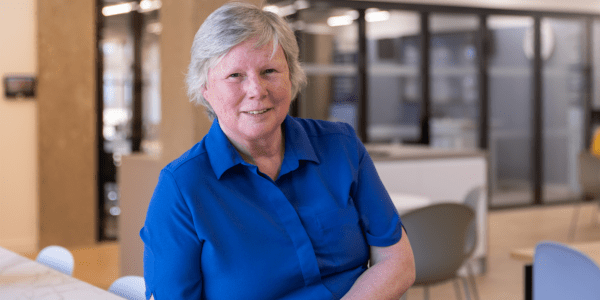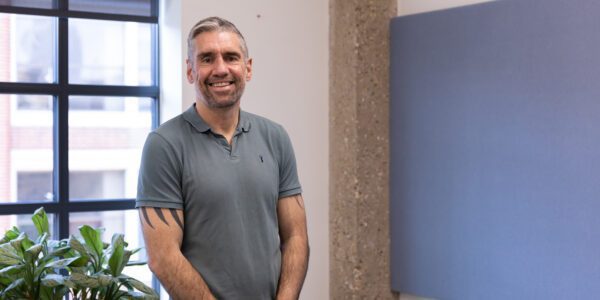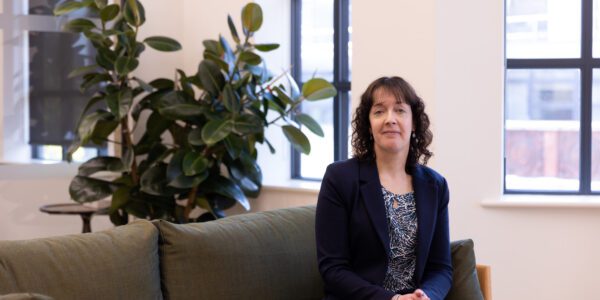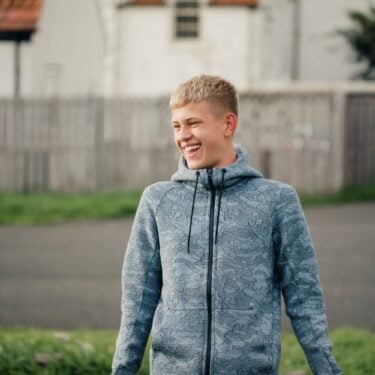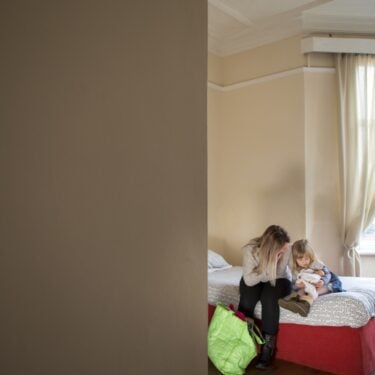Dr Maria Adams talks about the inspiration for her project on developing family engagement models with front-line youth justice practitioners
Dr Maria Adams, Senior Lecturer at the University of Surrey, received a grant from the Foundation to explore how communication between youth offending practitioners and families of young people could be more effective.
Can you tell us about your Nuffield-funded project
Our project uses action research methodology to examine the ways in which youth justice services (YJS) can enhance engagement with families of young people subject to court-based orders. We’re working directly with front-line youth justice practitioners to learn more about the challenges they face in working with families, and we will use this insight to design new ways to strengthen this relationship.
What were the origins of the project?
Both the project’s co-investigator and I are interested in the familial impact of what happens when someone is incarcerated. Before this project, we had undertaken another on parents who have of a young person in prison. Many parents either had a strong relationship with the youth offending team (YOT) or a non-existent one, so views of the relationship with youth justice services varied.
We realised this was a gap in our knowledge, and that there is still a limited understanding about practical resolutions to build better ties between practitioners, the young person and the family. We were keen to understand this in more depth by understanding the implications of family life when a young person is subject to court-based orders.
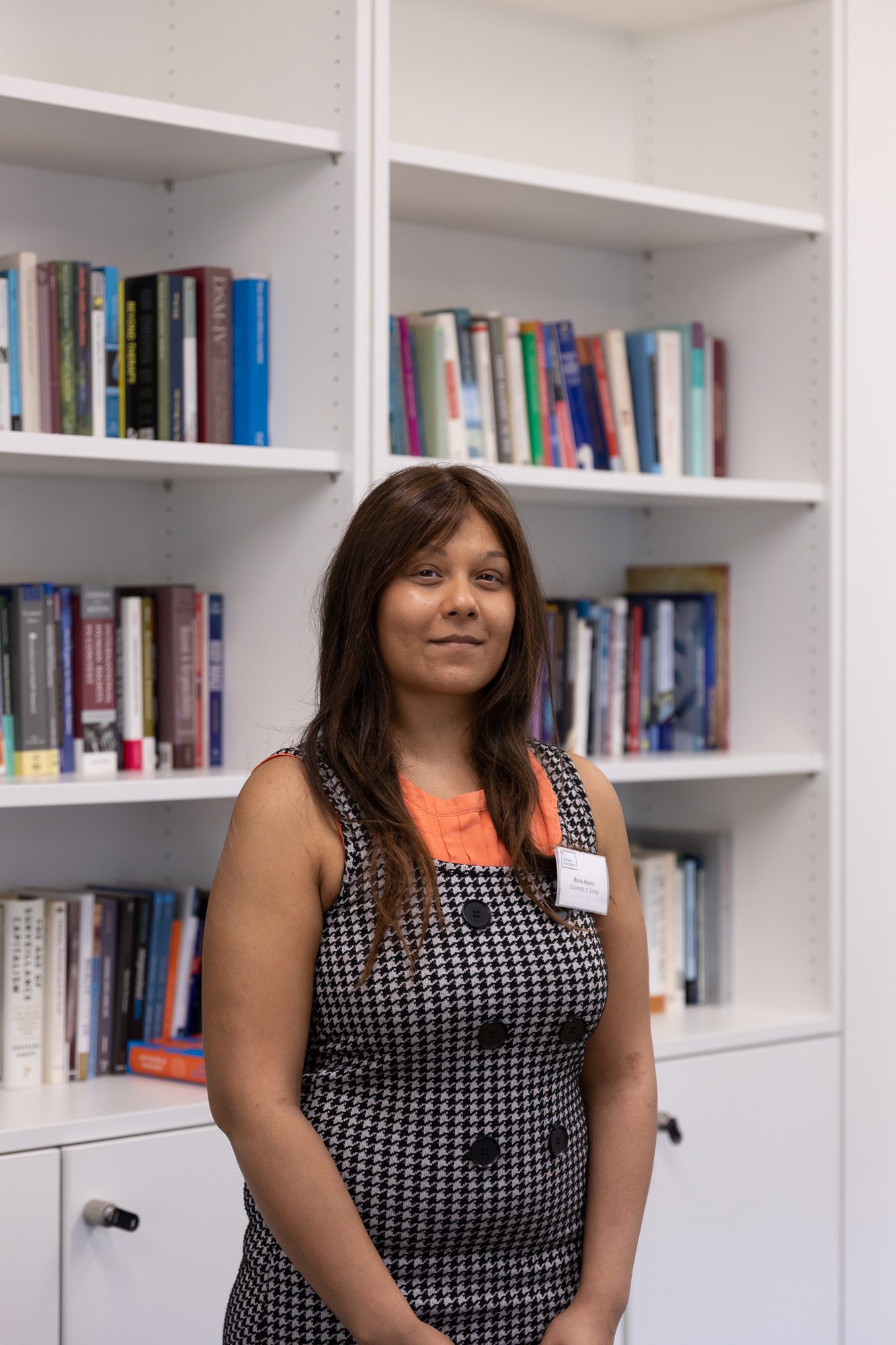
Why does this research matter?
This is important because it is quite a neglected area. Our research contributes to the work on children and young people in the youth justice system. It is also significant to not only provide empirical evidence, but to find a practical resolution by working closely with practitioners, young people and families to design and evaluate a system that will be beneficial to all.
What motivates your research interests?
My research interests are centred around the prison system and youth justice, with a current focus on the effects of incarceration, as well as food in prison. My main motivation is to ensure that the research contributes to making a positive change. A lot of the research I lead is based on providing practical resolution, so I have a great interest in strengthening the relationship between theory and practice.
Additionally, one of the things I value most about doing research is ensuring our participants have a voice in every aspect of the project.
What’s the one thing you would change within youth justice if you had the power and resources?
I think there needs to be more work with the families of young people who are currently in the youth justice system. This is not just about seeing them as a service user, it is also to help the YJS work better with families to improve the quality of services for young people.
One of the things I value most about doing research is ensuring our participants have a voice in every aspect of the project.
What’s been your experience of being funded by the Nuffield Foundation?
I really enjoy the personal touch from Nuffield. I like that we are allocated a project manager from the Foundation to work with and who ensures that we geta lot of support to help our projects develop.
What are you most proud of having achieved in your career or professional life to date, and why?
My main achievement is being principal investigator for a large Economic and Social Research Council grant on food in women’s prisons. From this project, I launched an art exhibition in partnership with Koestler Arts to display artwork produced by women in prison on the theme of food. I was also awarded ‘researcher of the year’ by the Faculty of Arts and Social Sciences at the University of Surrey.
Read more about the project
The Nuffield Foundation is an independent funder. The views expressed by Nuffield-funded grant holders are not necessarily those of the Foundation itself.












